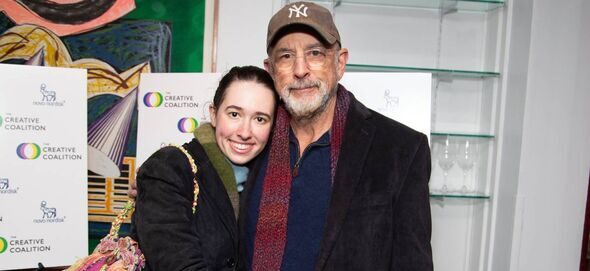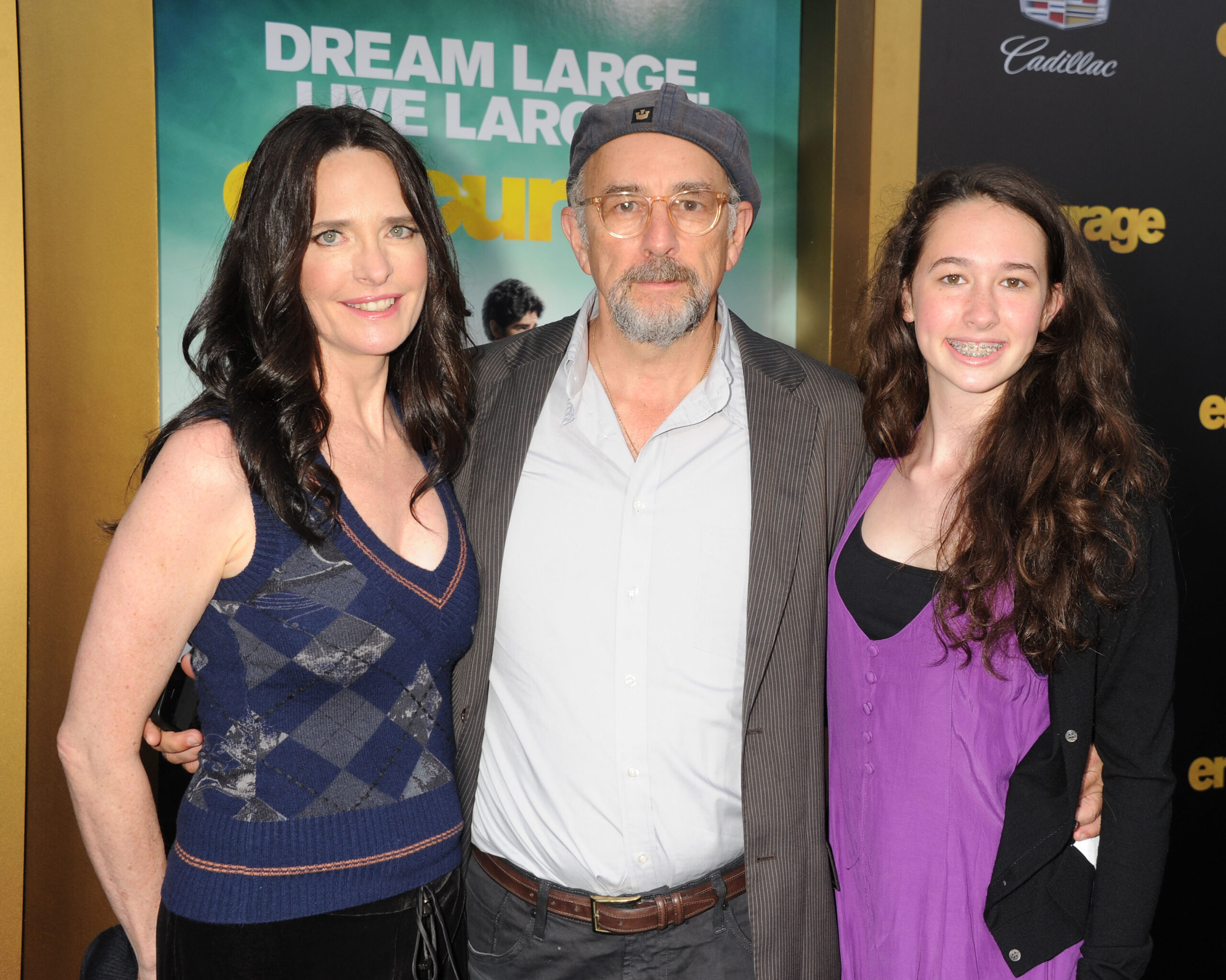
The Good Doctor Season 7 Episode 8, titled “The Overview Effect,” a remarkable real-life father-daughter duo transcends typical guest appearances. Ruby Kelley portrays Hannah Ayleston, a vulnerable young woman struggling with addiction, while her on-screen mentor and emotional anchor is Dr. Aaron Glassman, played by her actual father, Richard Schiff. Their shared presence brings a raw emotional dynamic, injecting both authenticity and depth into a storyline that resonates long after the screen fades to black. Seeing a daughter animated by genuine emotion opposite her real father lends a credible pathos to the episodes. The authenticity is palpable, allowing viewers to feel the anguish, shame, and fragile hope pulsing beneath Hannah’s surfaces.
Dr. Glassman, now enduring the loss of his own daughter Maddie, sees echoes of that tragedy in Hannah’s struggle. These shared scars become the foundation for a fraught yet compassionate relationship. He realizes that Hannah is not a manipulative addict but a young woman affected by genuine medical pain—possibly stemming from a malformation like Chiari .
Glassman’s motivation is deeply altruistic but also tinged with grief. This episode reveals the pressure he places upon himself: to not fail again, to not let someone slip away unreachable. His decisions—starting with a clandestine move to procure her opioids personally—emerge from love, guilt, and perhaps a desperate attempt at redemption.

In the broader narrative, “The Overview Effect” explores dramatic medical dilemmas—the astronaut returning altered by space, Shaun and Lea’s debate over their infant’s autism risk, and a rare case involving a child born with a third arm. Yet among these high-stakes medical plots, the Glassman–Hannah arc stands apart. Their story reframes the episode’s title candidly: revealing that the real “overview effect” is often found not in outer space, but within human frailty and emotional constellations.
Glassman’s decision to undergroundly help Hannah is never justified—it’s raw, complicated, and destined for fallout. It draws viewers into ethical grey zones: How far should compassion extend? When does redemption cross into recklessness? Kelley plays Hannah with measured restraint—her eyes reflect both fear and hope—and every shared look amplifies the significance of her arriving at the hospital—and staying alive.
Introducing such a deeply personal arc in the final episodes is a bold narrative choice, fueled by the real-world father-daughter connection. It’s an emotional explosion delayed, almost daring viewers to care at the very end. Thematically, Glassman seeing Maddie in Hannah isn’t just about personal redemption—it’s about confronting death’s inevitable window.
In Season 7, Episode 8, the real-life bond between Ruby Kelley and Richard Schiff brings a rare authenticity to the show’s final arc. Their on-screen chemistry isn’t scripted—it’s lived, drawing us into a tale of guilt, redemption, and paternal love that feels both timeless and exhilarating in its risk. This isn’t just a subplot—it’s the beating emotional core of an episode filled with big medical drama and bigger moral questions. As the series heads toward its conclusion, Hannah and Glassman’s pivotal arc may sit at its emotional center—a beautifully tragic reminder that sometimes the most profound journeys happen not in space, but within the fractured heart of human connection.
